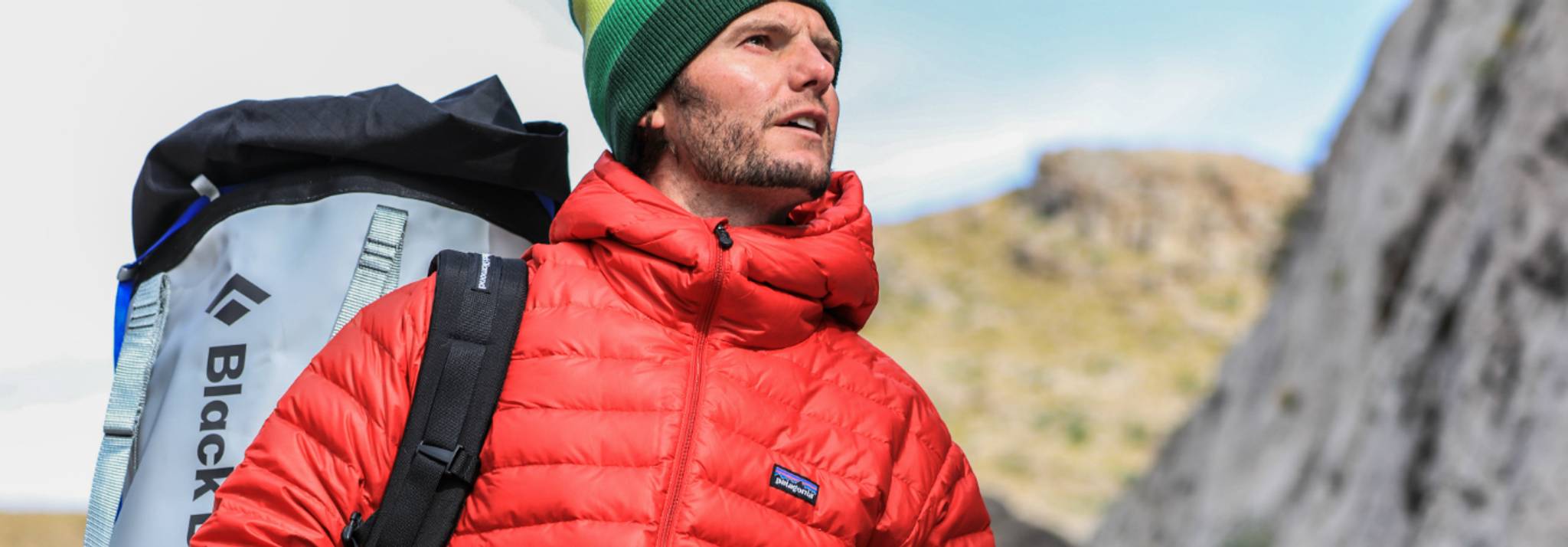
Rather than focusing on a far-off beach or Arctic glaciers, Patagonia’s film District 15 highlights the real-life plight of LA communities feeling the effects of oil drilling. By making the consequences of climate change more relatable, the brand is demonstrating its mission to effect real change. We explore the insights behind this and why the clothing company is looking to make real and lasting ecological change.
District 15 tells the story of Wilmington, California, a town with a population of 60,000 that’s home to the third-biggest oil field in the continental US. It charts the journey of a local group called Communities for a Better Environment as they lobby the city council and mayor to establish a 2,500-foot distance between any oil drills and schools, hospitals, and churches.
Directed by Anjali Nayar, the film forgoes the usual vast open spaces seen in climate change activist films, instead using the backdrop of an urban environment to make a point. It’s not the first time the apparel brand has delved into environmentally-focused filmmaking – there are several more documentaries on its website, each one accompanied by an ‘act now’ button directing viewers to petitions. “We recognize that people make decisions based on emotion, and the best way to elicit emotion is through film,” founder Yvon Chouinard told FastCompany in 2019.
Patagonia has long defined itself as an activist brand, and by producing films that don’t directly lead to sales of its products, it’s appealing to the 64% of Americans who believe a company’s primary purpose should include ‘making the world better’. This attitude shift is having major implications for brands: in 2019, the Business Roundtable – made up of America’s most influential CEOs – updated its mission statement to prioritize ‘diversity and inclusion’, ‘supporting the communities in which we work’, and ‘protect[ing] the environment’. As expectations shift and people continue to expect political action and messaging from brands, there are opportunities to inspire consumers with relatable stories and make important issues easier to act on.
Louis Tozer is a behavioural analyst of social sciences at Canvas8. He holds a master's degree in history from UCL School of Slavonic and East European Studies and was formerly a research assistant at the Institute of Philosophy and Social Theory in Belgrade. He can often be found in the pub with friends or at Roots Hall, the home of Southend United.



